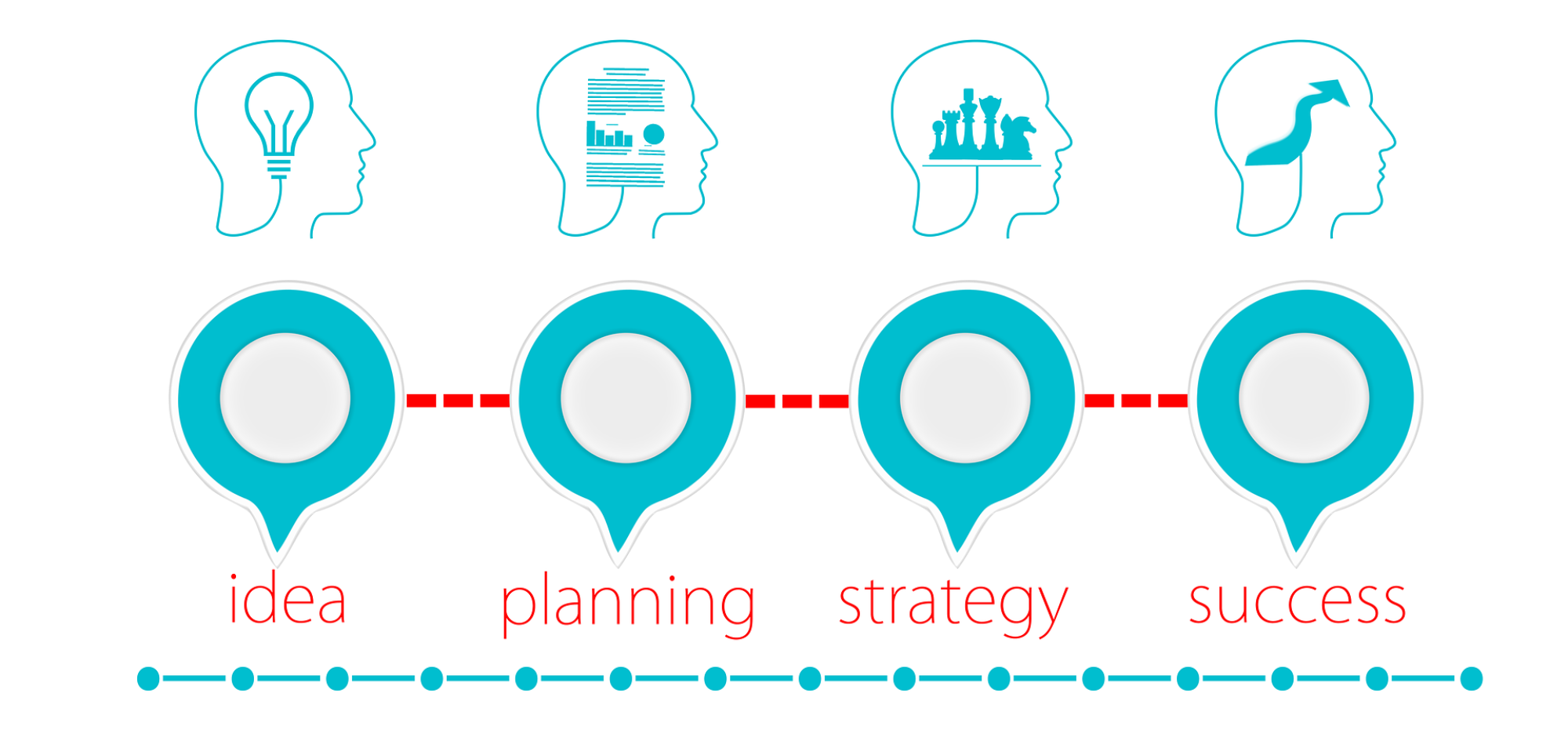Financial analysts who are good at their jobs can benefit their employers and advance their careers. Good analysts spot opportunities for revenue growth, cost reductions, and productivity strategies. These are qualities that you should demand of yourself and that any manager should request of their employees.
● Feel Irritated When Thinking About Immaterial Issues
Excellent financial analysts are aware of the significance and utility of their work. They have a strong sense of priorities and what is significant to their company, which causes them to experience an emotional reaction known as “feeling bothered” when working on non-material issues. That doesn’t mean they ignore someone who asks for help with a problem if they believe it would be inefficient; even if it is superior, they will discuss the best course of action with the requestor.
● Approach Analysis and Investigation From the Top-down
Great financial analysts avoid getting bogged down in the details and instead start at the highest level and work their way down until they have those “a-ha!” moments. They can return to this high level after doing detailed work because they are constantly aware of the “big picture” motivation behind their analyses. They are aware of the goals and mission of their organization and how their role fits into those. If they are a manager or a team leader, they can also effectively delegate.
● Think Like A Businessperson
Great financial analysts consider ways to increase profits, expand market share, etc., by looking at their company’s key performance measures. They are motivated by identifying threats and opportunities to seek creative solutions to pressing issues. They actively share their opinions with influential decision-makers and discuss the company with peers and management. They are frequently a part of cross-functional teams and get consulted for problem-solving ideas.
● Comprehend the Impact of Outside Factors on Their Business
Excellent financial analysts can foresee how shifts in the market or economy will impact their company. They are aware of the consequences of competitor and governmental actions, and they comprehend what investors, stock analysts, and rating agencies expect. Based on the potential outcomes of these factors, they develop models and scenarios and share them with management.
● Always Look for Customer Interaction and Feedback
First, excellent financial analysts know their target audiences, including managers, peers, and other departments. They inquire how they might improve their services, and occasionally they will even use surveys to gather this information. Additionally, they seek out regular interactions to better understand their needs. Great analysts ask those on their distribution lists if they want to keep receiving their analyses and if they have any changes they would like to see.
● Being Able to Explain the Context of the Data
Great financial analysts are capable of taking a sheet of paper full of numbers and clearly and succinctly communicating insightful conclusions about the points within the numbers. This ability is more important than any other if a financial professional wants to be a successful CFO.
